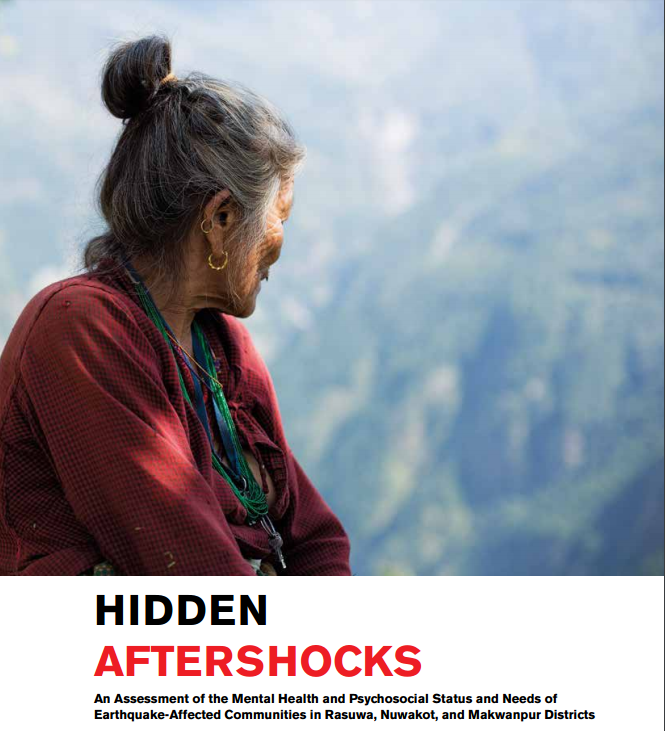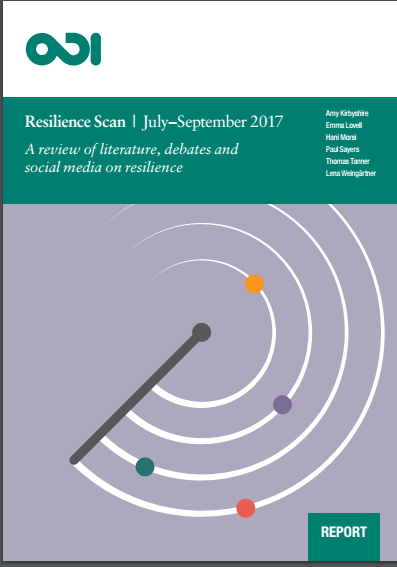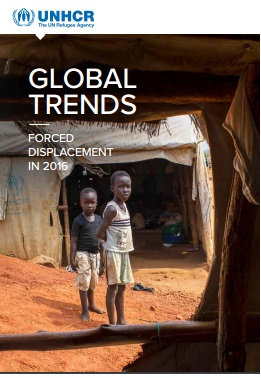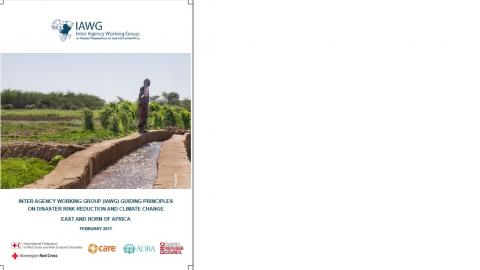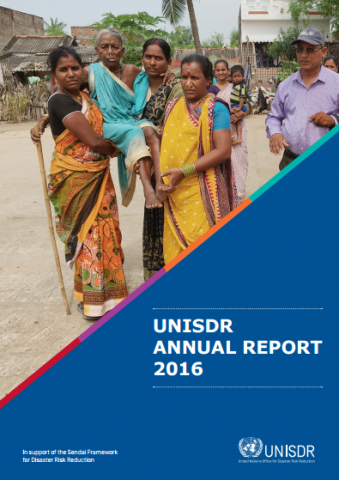Learning from the Ebola Response in cities: Responding in the context of quarantine
As part of ALNAP’s Learning from the Ebola Response in cities, this paper describes approaches toquarantine in urban Guinea, Liberia and Sierra Leone. It focuses in particular on how humanitariansnavigated the context of urban quarantine, what worked and what didn’t and what can be learnt forfuture public health emergencies in urban contexts. This paper does […]
Learning from the Ebola Response in cities: Responding in the context of quarantine Read More »

